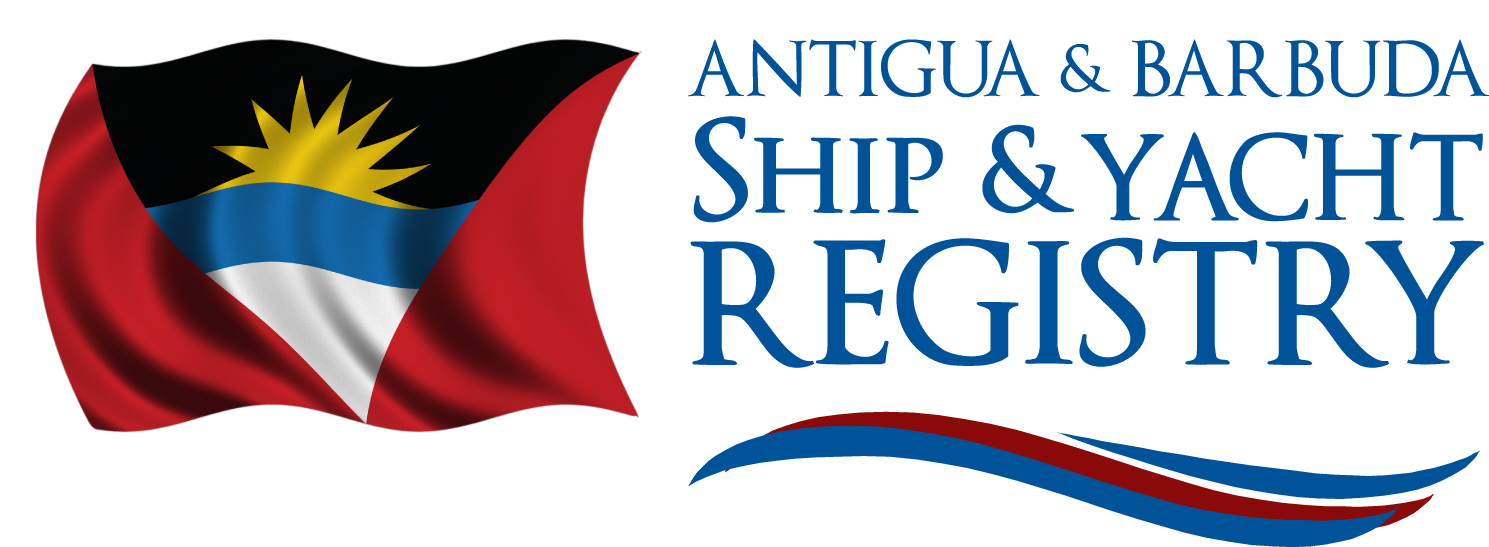Being a marine engineer or a seafarer isn’t a career that I can say I always knew I wanted to do. Actually, I wasn’t very aware of this field until my first year at Antigua State College.
During my early years of high school I actually wanted to be a chef. I quickly outgrew that phase but I still knew, however, that an office job was not the one for me either. I knew I wanted do something hands-on. I thought about being a pilot but my fear of flying wouldn’t go well with that. Then I thought engineer… but what type was the question. I thought about aeronautical engineer, like my grandfather, who was an engineer for LIAT. In my head this was the final career choice until I attended the annual college fair in my first year at ASC where I ended up speaking to a gentleman who was a professor at one of the technical colleges being featured. He told me that aeronautical engineering was a good field but marine engineering would be even better to get into because of the great demand for seafarers. This really caught my interest.
After completing my first year at ASC I applied to the Antigua and Barbuda Department of marine services (ADOMS) for a summer internship where I got my first taste of working on board a ship when I was assigned to work on an oil tanker, for the West Indies Oil Company, named Ruth. Although this ship only sailed along the coast of Antigua while I was on board, taking diesel and heavy fuel from the bunker station at Fort James to the power plant at Crabbs and to Jumby Bay, I really enjoyed the experience.
After my second year at ASC I went on to start my studies as a sea going engineer by enrolling at the Caribbean Maritime Institute in Jamaica for the Officer In Charge of Engineer Watch program, sponsored by ADOMS. This course does not involve theory and class work only but has a strong practical phase which requires the students to spend 12 months o nboard a vessel as an engineer cadet.
Upon completion of my first year at CMI, it was time for the phase which I was really looking forward to… the sea going phase. I was assigned to a vessel named MV Rubin, a container ship registered under the flag of Antigua and Barbuda at ADOMS. The thought of being at sea was both frightening and exciting. Not knowing what to expect, where you will be going, what will the other people on board be like and many other things go through your mind.
Life at sea isn’t easy. I worked 12 hours a day, two 6 hour shifts, 7 days a week if sailing and 6 if we happen to be in a port on a Sunday. It’s a lot of hard work, hands-on work and the margin for error is very small. ‘If you don’t know… ask’ is what was preached on board. The crew you work with could also make or break your experience. My first chief engineer gave the entire engine crew a hard time. He often argued with the oiler and second engineer. Luckily for me, our contracts only overlapped for the first month of my time on board. My second and third chief engineers were great to work with and taught me a lot. Surprisingly though, it wasn’t the chief and second engineers who I learnt the most from but the oiler. This is the man on board who takes the orders from the engineers and does most of the hands-on work. He had all the ‘know-hows’ and knew all the tricks of the trade, which he never held back from me when it came to sharing his knowledge.
The best part of working at sea, however, are traveling and getting to meet new people. During my six months at sea I visited nine different countries including Belize, my first stop after boarding in Jamaica, Dominican Republic where we went for a month for dry dock and Panama where we did the ship’s class renewal. Going through the Panama Canal was another great experience on its own. The people you meet not only o nboard your ship but also at the ports and in these countries you visit really make the whole experience a lot better.
Once you can get accustom to the constant rocking, days and weeks going by without seeing land , the long, hard hours of work and the lack of communication to friends and family back home, being a seafarer is an occupation you can really enjoy. My six months on board MV Rubin was an eventful one and one which I will never forget. I am looking forward to my next sea going phase and the adventures it brings.



